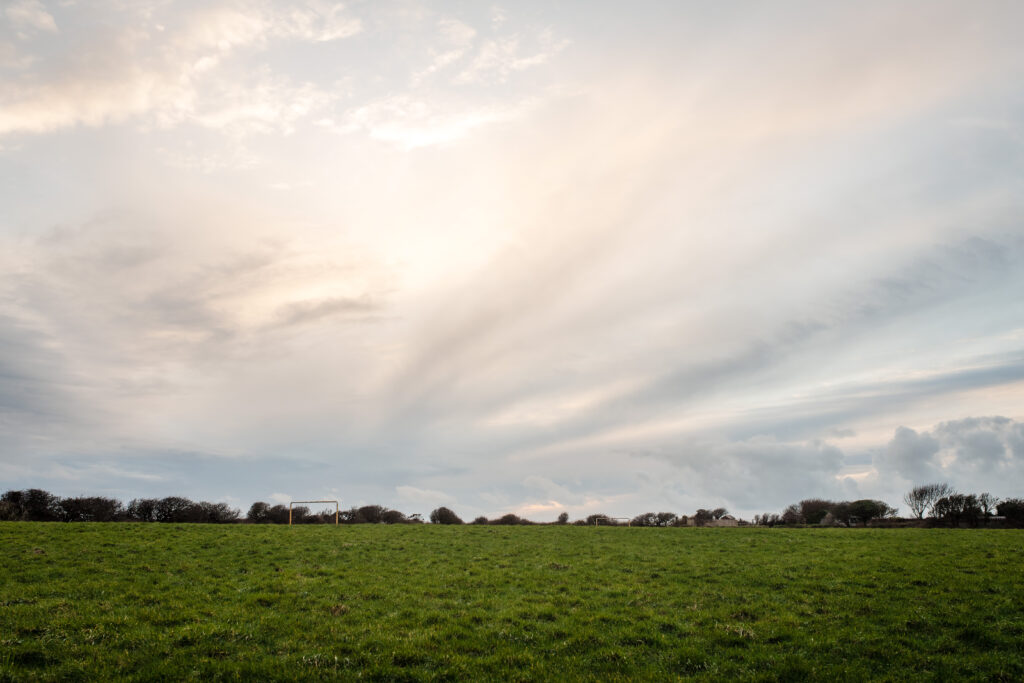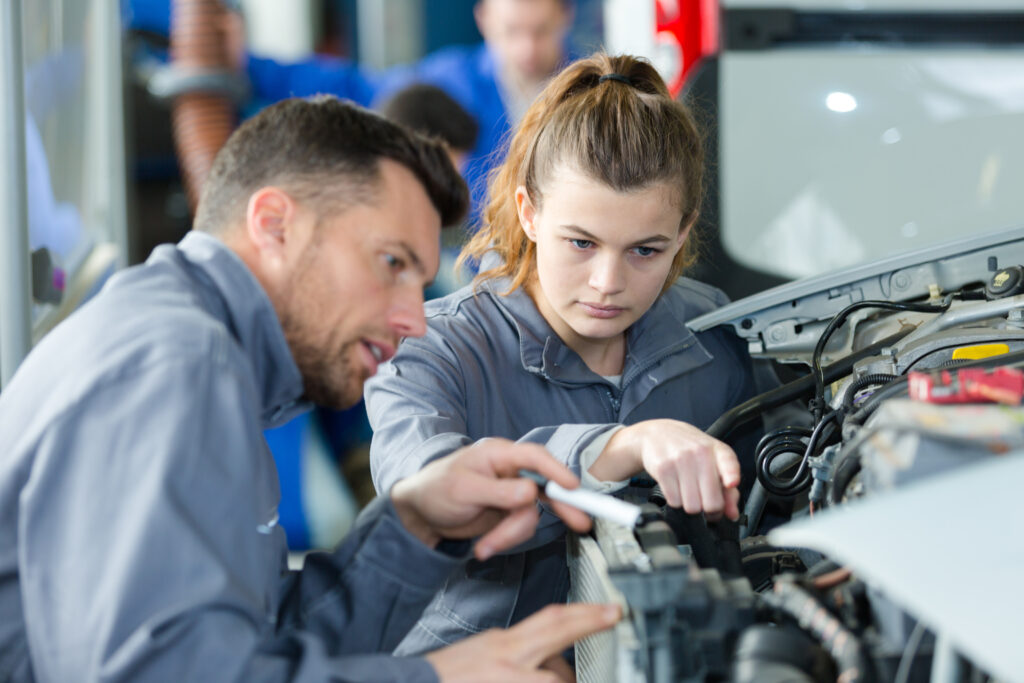Robyn Lovelock, benefits lead for Ambition North Wales, reflects on how the Future Generations Act is shaping the delivery of the North Wales Growth Deal.
Ambition North Wales is a partnership between the six local authorities of North Wales and the region’s educational institutions, established to deliver the North Wales Growth Deal. The Growth Deal is an agreement between the UK Government, Welsh Government and Ambition North Wales to deliver a transformational £1billion investment in the North Wales economy.
Projects that support decarbonisation and restructuring to a low-carbon economy are central to the portfolio.
Combining the demands of a Growth Deal with those of an economy that is working to prioritise well-being raises challenges. As Sophie Howe emphasised early in her tenure ‘There is more to prosperity than economic growth.’ The well-being goals captured in the Future Generations Act require public bodies to put as much emphasis on conserving resources and on an equitable transition to a low-carbon economy as on measuring economic growth by gross value added (GVA).
Despite the Act, the core spending objectives of the Growth Deal largely measure success on economic terms, namely job creation, GVA growth (a measure of productivity), and capital investment. Ambition North Wales is committed to delivering on these objectives, but also determined to achieve our aim of “sustainable and inclusive growth” for our region.
Below we describe some of the ways we are applying the Well-being Goals and Ways of Working to deliver well-being for our communities as well as on economic expectations.
Gofod i drafod, dadlau, ac ymchwilio.
Cefnogwch brif felin drafod annibynnol Cymru.
Our project portfolio supports a Prosperous and Connected Wales
Projects that support decarbonisation and restructuring to a low-carbon economy are central to the portfolio. Specific examples include the Hydrogen Hub project which seeks to address supply and demand of hydrogen for industrial decarbonisation in North Wales; the Digital Connectivity programme which seeks to better connect communities and businesses to support business efficiency and remote working, reducing commuting emissions; and the Glynllifon Rural Economy Hub which seeks to strengthen local supply chains by supporting start-up food businesses. We have also invested time and resources in delivering complementary pieces of work supporting innovation and sustainability including a net zero farming business competition and Local area Energy Plans across the region. Together, these projects expect to deliver green jobs in well-connected communities, supporting productivity improvements and attracting further green investment.
Over the coming months we will be consulting with regional groups on our progress so far and additional ways we might address inequality in our region.
Our ambition to reduce emissions and enhance biodiversity supports a Prosperous, Resilient and Global Wales
All North Wales Growth Deal projects have an infrastructure element and therefore our projects could inadvertently increase regional carbon emissions and biodiversity loss during construction and operations. Ambition North Wales has committed to ambitious targets that minimise this risk – while maximising the valuable opportunities coming from it for North Wales. We have developed a methodology, recognised as pioneering in the Institute of Civil Engineers (ICE) Review of 2023, which enables projects to assess at an early stage how they are delivering economic benefits alongside carbon and biodiversity well-being outcomes to find the best balance for current and future generations. This methodology is grounded in evidence showing that economic growth is unsustainable without reducing emissions and improving biodiversity.
Our commitment to inclusive growth supports an Equal Wales
All public sector infrastructure projects are required to define the benefits the project will deliver including who will benefit. However, this is not always well-defined or can stop at broad assurances of benefits accruing to ‘businesses’ or ‘residents’. As well as delivering on regulatory requirements to consider equality by characteristics such as gender, disability or ethnicity, we have identified that certain North Wales populations struggle with particular disadvantage – namely our rural communities, wards of multiple deprivation, young people and Welsh-speakers.
In our approach to realising benefits, programmes and projects consider how they can address particular barriers these populations may face. In addition, we have committed to delivering 15% social value through our procurement of each project – assessing each supply proposal on the basis of how the supplier will invest resources, volunteer time and money in our communities.
Critically, we then measure how projects and programmes deliver against these benefit and social value commitments so projects can assess where they need to invest more effort over coming years. We know this is an area in which we need to do more. Over the coming months we will be consulting with regional groups on our progress so far and additional ways we might address inequality in our region.
We will continue to look for ways to improve, reaching out to other authorities and organisations working in similar ways so we can continue to share and learn.
Our efforts to measure progress supports all Well-being Goals
Following the principle “what gets measured, gets done” we have developed a benefits realisation, monitoring and evaluation framework that will allow us to collect data across economic and well-being outcomes over the coming years of the Growth Deal. The approach will allow us to demonstrate progress towards short and long-term goals, calculate the social value the Growth Deal will deliver, and capture our learning as we move forward. Most importantly, it will allow us to capture the stories of positive change being driven by the transformational Growth Deal investments. This system is in its final stages of development and will be launched in mid-2023.
Our ways of working
As a Portfolio Management Office team, we have developed a team charter that reflects the Future Generations Act ways of working and supports employee well-being. In particular, we have worked to show the value of integrated and collaborative ways of working with our many partners, stakeholders and other Growth Deals, sharing the values in our team charter. For example, as we plan a call for new projects, we have included an emphasis on working in partnership to encourage larger project sponsors to work with smaller businesses and organisations to drive efficiencies and build regional productivity for long-term sustainability.
We feel the pressure to ensure the Growth Deal delivers for North Wales and are proud of the progress we have made in just two years since the Portfolio Management Office was established. We will continue to look for ways to improve, reaching out to other authorities and organisations working in similar ways so we can continue to share and learn.
All articles published on the welsh agenda are subject to IWA’s disclaimer. If you want to support our work tackling Wales’ key challenges, consider becoming a member.
This article was edited by Kaja Brown thanks to the Books Council of Wales’ New Audiences Fund.





